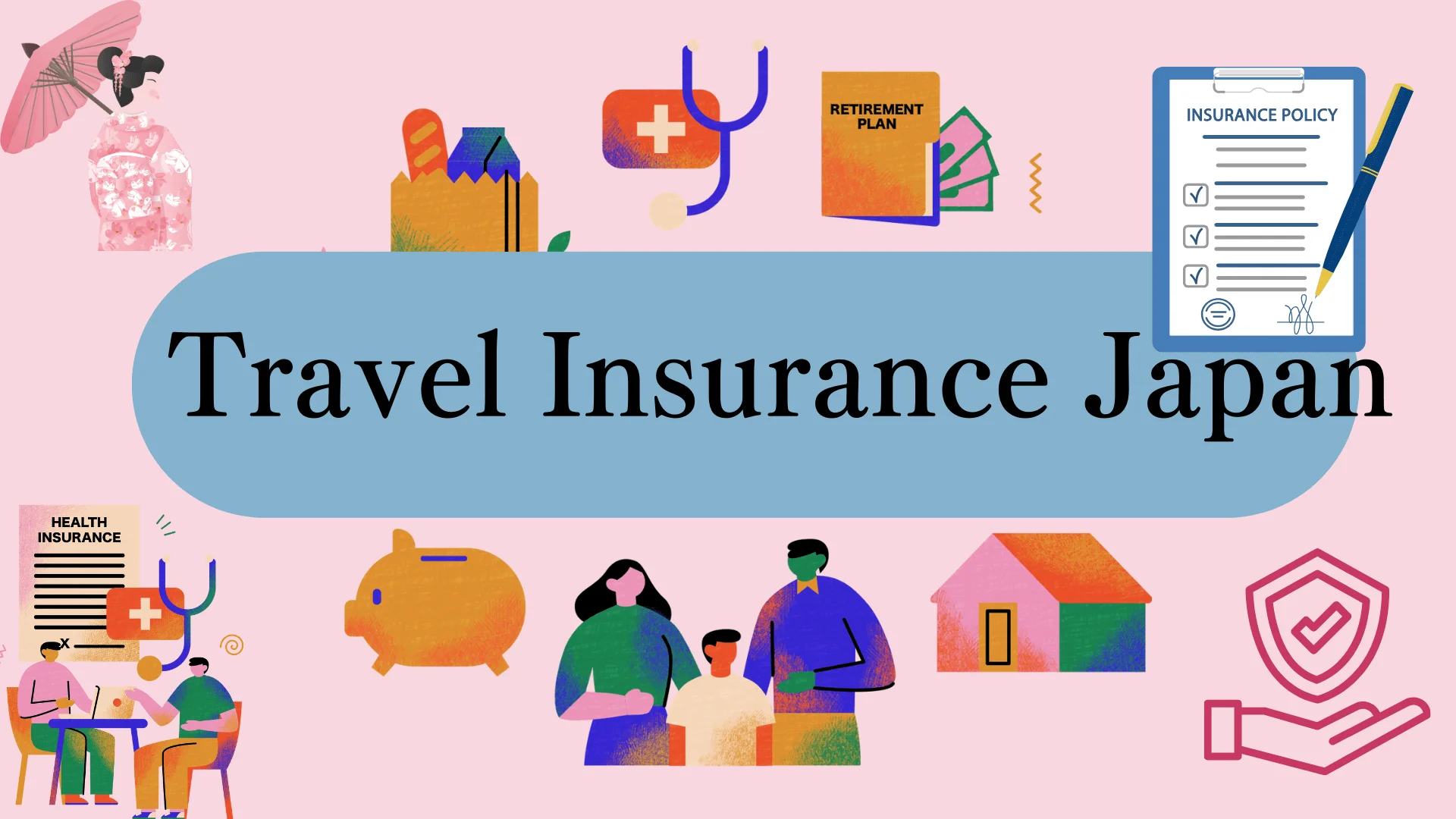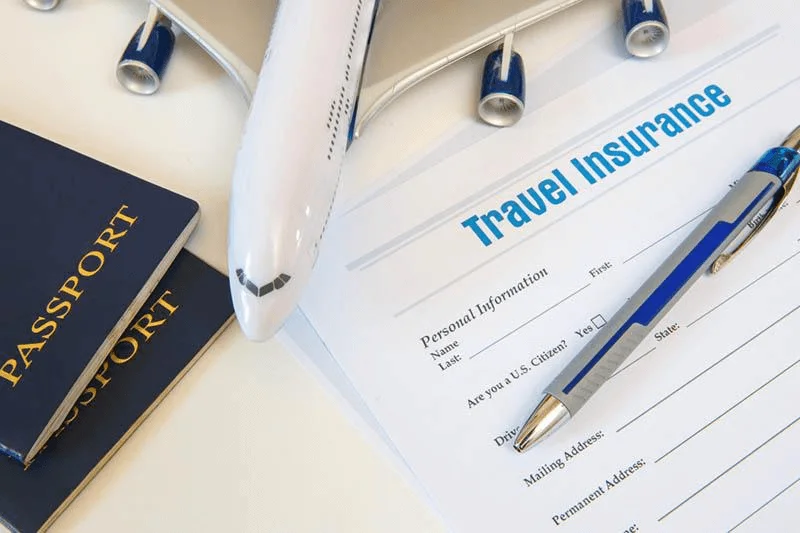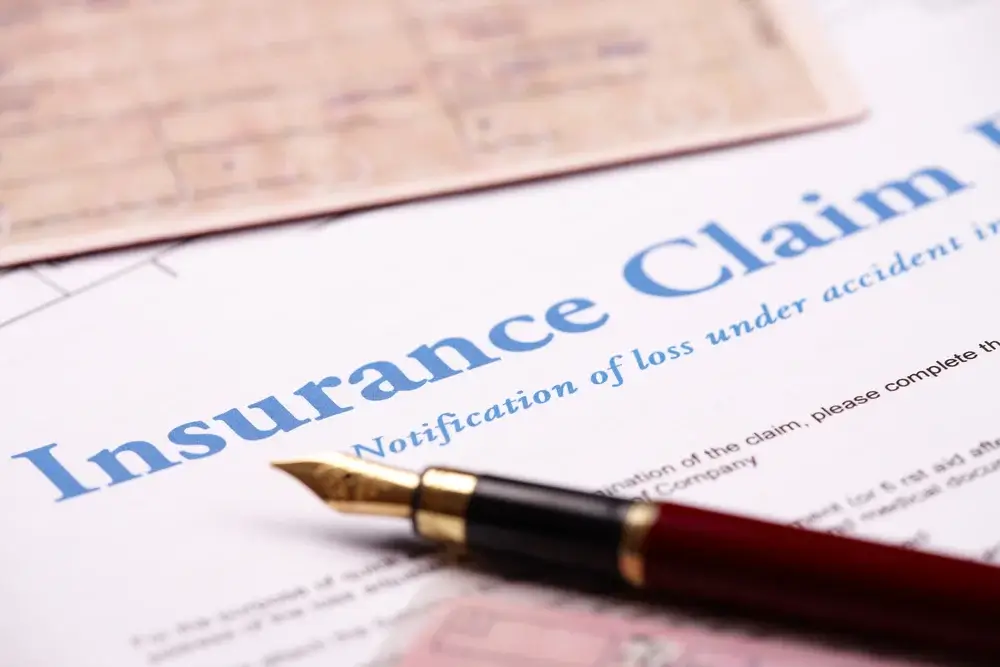Heading to Japan?
Whether you’re here for the neon lights of Tokyo or the serene temples and gardens of Kyoto, travel insurance is a must – but what type do you need, where should you buy it, and what do you need to know?
And to make the most of your trip, don't forget to equip yourself with an iRoamly Japan travel eSIM, ensuring you stay connected and can effortlessly share your experiences online with friends and family.

Is Travel Insurance Necessary for Traveling to Japan?
Yes, you do. Although Japan is one of the safest countries in the world and boasts some of the best healthcare available, accidents and illnesses can happen anywhere – and cancellation or delays to your travel plans can strike at any time.
Types of Travel Insurance for Japan
The different types of travel insurance can feel overwhelming when looking at what may be right for a trip to Japan, but understanding what each one offers is key to figuring out the right coverage for you. Here's a breakdown:
Health Insurance
This is important if you get sick or injured while abroad. Although Japan has world-class health care, it can be expensive for non-residents. Policies generally cover visits to doctors or hospitals, as well as emergency evacuation, which could be vital if you plan to visit the more remote areas like the Japanese Alps or outer islands.

Trip Cancellation/Interruption Insurance
Life happens, and sometimes your plans go awry. This type of insurance safeguards your wallet in case you need to cancel or prematurely end your trip. Illness, possibly even the death of a family member, or major disturbances such as bad weather are often valid reasons for a payout, but there may be exceptions – don’t assume you’ll get money back if you’re called up for jury duty or have to reschedule a work trip.

Baggage Insurance
If you're carrying valuable items – be they electronics, local craftwork, or souvenirs from Japan – in your luggage, or know you'll be buying them on your journey, look into baggage insurance. This will pay out should your bags be lost or stolen on your trip, or their contents damaged. Some policies will also foot the bill for essentials if your bags are delayed for a certain time period (usually between 12-24 hours).
Natural Disaster Insurance
Japan is often rocked by earthquakes and battered by typhoons in Japan, while you even have to remember active volcanoes periodically erupting. This insurance is a boon for some financial protection should your trip be affected by such natural events, and could cover anything from additional accommodation and travel to, in worst-case scenarios, evacuation costs. With typhoon season in Japan, combined with the country's geological activity, there's a good chance you might need it, too.

Price
The price of travel insurance can fluctuate depending on a few different variables:
Level of Cover: Better plans cost more, but offer more peace of mind.
Trip Duration: A longer trip can mean a higher premium.
Your Age: Older travelers attract higher premiums, as they are statistically more at risk when it comes to their health.
We’d always recommend going for the policy that will offer the broadest spectrum of protection, so don’t be afraid to pay a little more. The cost in some cases is absolutely worth the security when you’re out and about experiencing all things Japan.
Channels for Purchasing These Insurances
Travel agents: A good option if you’re also booking a package holiday, but the insurance cover sold by most agents will be fairly generic and not personalized.
Insurance companies: Buying insurance direct from an underwriter can be a more tailored experience. Many providers offer the ability to buy online, with full details of each policy.
Travel credit cards: Some credit cards include travel insurance as a perk. This can be a cost-effective way of gaining some protection, but make sure you understand what is and isn’t covered.
Each approach has its own benefits and drawbacks, and your choice here will likely rest on factors such as convenience, price and the nature of your trip. Read the small print and make sure you’re comfortable with what you’re getting.
How Premiums and Claims Work
Knowing how travel insurance premiums are paid and claims are handled, as well as what to look out for when buying travel insurance to travel to Japan, is key to ensuring you get the cover you need with no nasty surprises.

Paying Premiums: Travel insurance is typically paid up front, with a one-off payment providing cover for the period set out in the policy – whether a single trip or multiple trips within a year through an annual policy.
Making a Claim: The majority of travel insurance works on a claims basis. This means if you experience any incidents covered by the policy – such as a medical emergency, trip cancellation, or lost baggage – you will have to pay for these expenses out of your own pocket, then claim them back from your insurer by submitting a claim, receipts, and supporting documents.
Immediate Expenses: particularly for things like medical emergencies – may look to settle bills directly with hospitals or medical service providers, depending on the terms of your policy.
Keeping Records: Always keep hold of receipts, police reports, medical evaluations, or any other paperwork to attest to the claim.
Key points to consider when buying travel insurance
Coverage limits: You’ll want to make sure the coverage limits of a policy are high enough to help if you become ill or are injured abroad. Medical treatment in, for example, Japan can be very expensive, and what seems like a high limit may not be sufficient if you were to need treatment for an extended period or in a serious case. Higher limits will make for a more expensive policy, of course, but it can be worth the extra peace of mind.
Exclusions: As important as what is covered is understanding what is not covered by a policy. Standard exclusions typically cover things like injury resulting from participating in dangerous sports and activities, unless additional coverage is taken; pre-existing medical conditions; and incidents while under the influence of drugs and alcohol.

Claims Process: Learn the claims process of your insurance policy:
Claims Deadline: Most policies will have a deadline by which you need to make a claim after an event. Missing this can mean a failed claim.
Documentation: Being aware in advance of what evidence you need to support your claim can help speed up the process. This can include original receipts for costs, medical reports, police reports for theft, and evidence of travel disruption.
Claims Support: Some insurers have a dedicated claims line, in operation 24 hours a day. They can help guide you through the process, which can be especially useful when you’re abroad.
FAQs
1. What kind of travel insurance do I need for Japan?
One that has good medical, cancellation, baggage and cover in case of natural disasters.
2. Can I buy travel insurance once I've already started traveling?
You can, but you won't have full coverage, so it's best to buy insurance in advance of your trip.
3. Are existing medical conditions covered?
Most won't be, unless you buy a special waiver.
4. What do I need to make a claim?
As much evidence as possible – official reports, receipts, etc.
5. When should I buy travel insurance?
Try to get it as soon as you've booked your trip so you're covered if you need to cancel for any reason.
Summary
Whatever your trip to Japan entails, insurance cover is a must, be it for medical matters, cancellations, or otherwise. Pick the best type for your trip, buy from a trustworthy provider, and know the ins and outs of your policy for peace of mind on your Japanese jaunt.
